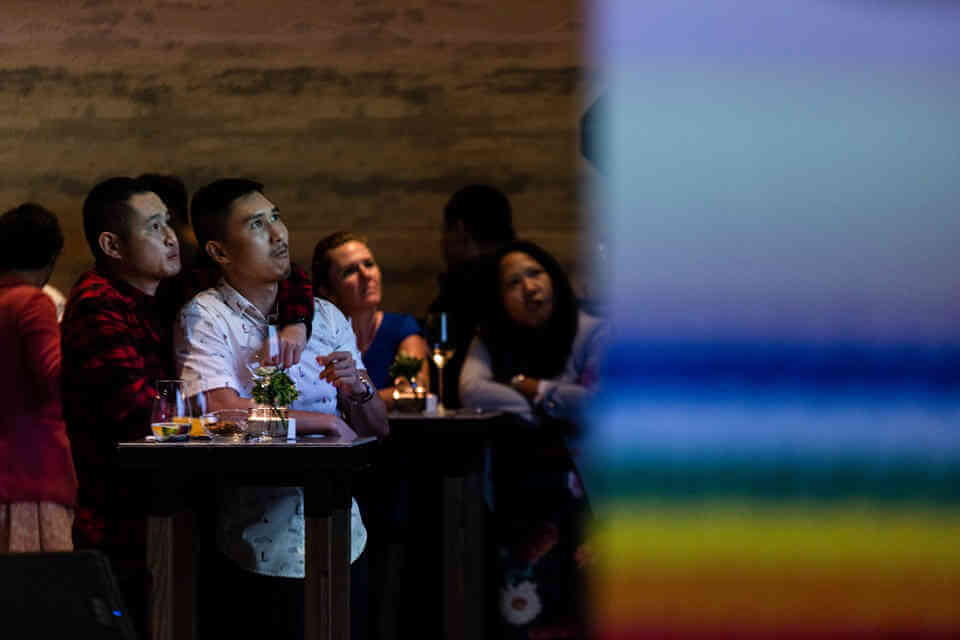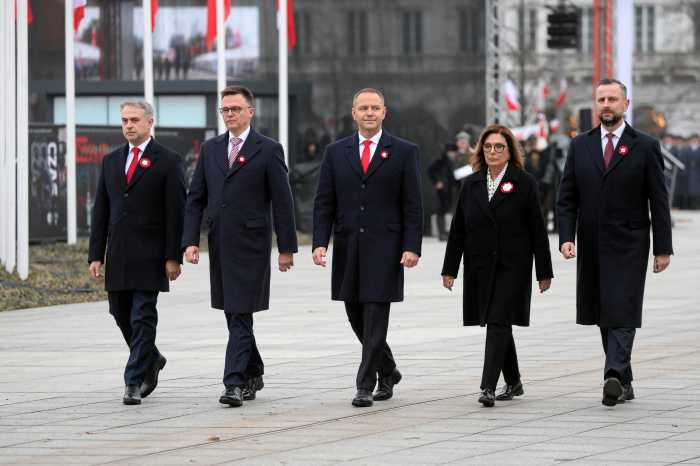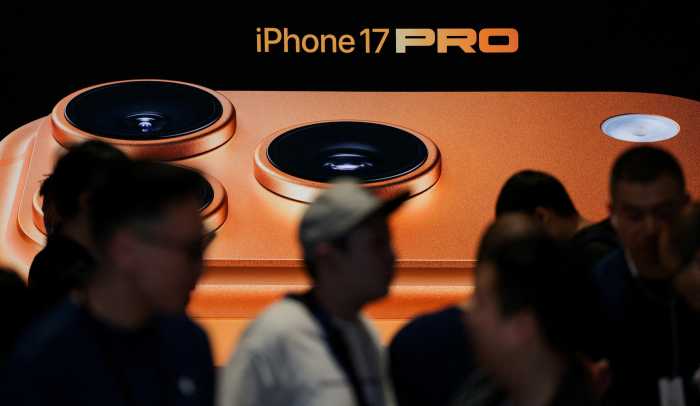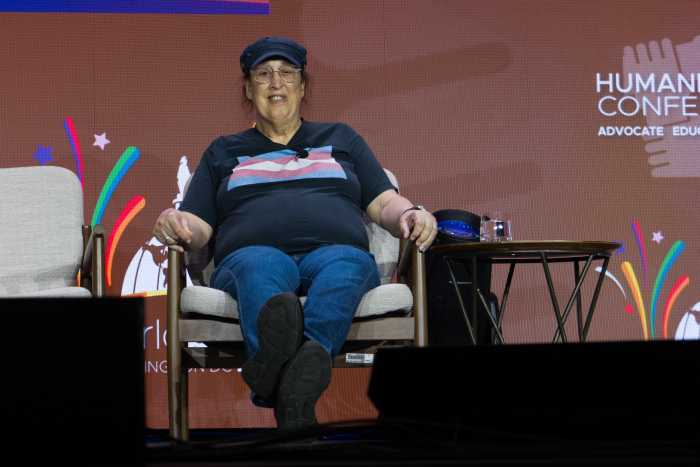Weeks after legislators ruled out the possibility of same-sex marriage on the Chinese mainland, a court in Hong Kong similarly rejected an opportunity to expand the definition of marriage to include same-sex couples.
A woman known as MK, who sought to marry her partner, mounted a legal challenge to affirm her union, arguing that Hong Kong’s ban on same-sex marriage should be deemed unconstitutional. But the Court of First Instance, which is a high court in the former British territory and takes on cases that have not seen a ruling in the past, upheld the city’s ban on marriage equality in an October 18 decision. Judge Anderson Chow warned that those rights “would be introducing a new social policy on a fundamental issue with far-reaching legal, social, and economic consequences,” according to the Hong Kong Free Press.
“The evidence before the court is not, in my view, sufficiently strong or compelling to demonstrate that the changing or contemporary social needs and circumstances in Hong Kong are such as would require the word ‘marriage’ in Basic Law Article 37 to be read as including a marriage between two persons of the same sex,” Chow wrote in a 41-page judgment.
Chow also seemed to stay ahead of any attempts to forge a compromise, saying the government is not obligated to implement civil unions.
The latest development is a blow for LGBTQ folks in the region after glimmers of hope emerged in recent months when marriage activists seized the momentum of the protests in the city. In August, activists created a nonprofit organization called Hong Kong Marriage Equality and sought to rally support for the issue among residents of the city. And during the summer, China’s Court of Final Appeal ruled that same-sex partners in the city can file joint tax returns and that public workers can receive spousal benefits like healthcare coverage.
The ruling also was disappointing for many who hoped the city would build on the progress seen in Taiwan, where the queer community achieved marriage equality in May after several years of fighting against an international coalition of deep-pocketed conservatives who reacted with fury to a 2017 court ruling requiring the government to implement same-sex marriage rights within two years.
Right-wing groups flooded Taiwan’s airwaves with anti-LGBTQ messages, plastered advertising on buses and storefronts, and proposed explicitly banning same-sex marriage. Conservatives appeared to score a major victory when voters approved their referenda, but it was nullified when lawmakers, in accordance with the 2017 ruling, approved same-sex marriage rights.
Hong Kong Marriage Equality reacted to the ruling with disappointment, saying in a written statement that the decision “does not change the need for the government to start reforming our laws to protect same-sex families.”
“The decision will be appealed, and we have every confidence that marriage equality will be recognized by the courts eventually,” the group said.
Lance Chen-Hayes, a Taiwanese-American man who helped rally support for marriage rights in Taiwan, described the ruling as a“setback” and invoked the political unrest in the city as a possible factor.
“With the government — both the Hong Kong and Chinese governments — clamping down on the democracy protests in Hong Kong, I wonder how much this ruling is affected by the current political atmosphere in Hong Kong,” he told Gay City News.


































